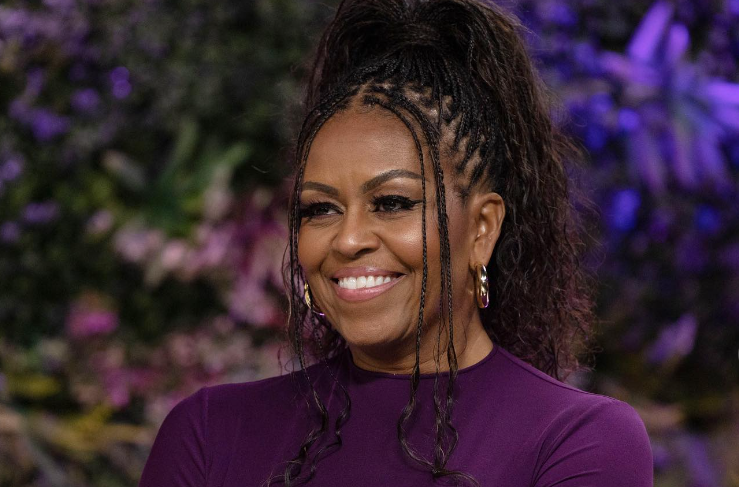A slew of liberal and conservative celebrities have reacted to Affirmative Action being overturned by the US Supreme Court on Thursday.
Also Read: What is Affirmative Action in college admissions?
Among those who have spoken up are Michelle Obama, Bernie Sanders, AOC, Ben Shapiro, and Candace Owens. Here are their tweets:
President Joe Biden also appeared during the White House press briefing to make his stance very clear on the SCOTUS’ decision on Affirmative Action. “We cannot let this decision be the last word,” Biden said. “The court can render a decision but it cannot change what America stands for.”
He added that the decision “walked away from decades of precedent” and urged schools not to stop considering racial implications for applicants.
“They should not abandon their commitment to ensure student bodies of diverse backgrounds and experience,” Biden said. “What I propose is consideration of a new standard for colleges to take into account the adversity a student has overcome when selecting among qualified applications.”
Also Read: Is Affirmative Action good? Definition, starting date, legacy admissions and more
For the unaware, affirmative action has been outlawed in the United States following the Supreme Court’s decision on Thursday that the practice of considering race and ethnicity during the college admissions process is unconstitutional.
The judgment effectively ends decades of precedent that had permitted schools nationally to adopt such projects to increase the diversity of their student bodies. The policy improved educational prospects for African Americans and other minorities.
The goal of affirmative action is to break down historical biases against people who identify with particular identities. Affirmative action primarily refers to admissions practices in higher education that are intended to increase the representation of Black, Hispanic, and other minority students on campuses.
Also Read: Will Affirmative Action ruling affect White women more than Black women?
Colleges and universities who do so claim to do it as part of an all-encompassing approach that considers grades, test scores, and extracurricular activities when evaluating applications.
Racial-conscious admissions practices aim to diversify the student body in order to improve all students’ educational opportunities. Schools also run recruitment drives and offer scholarships to encourage diversity, but the Supreme Court case centered on admissions.




